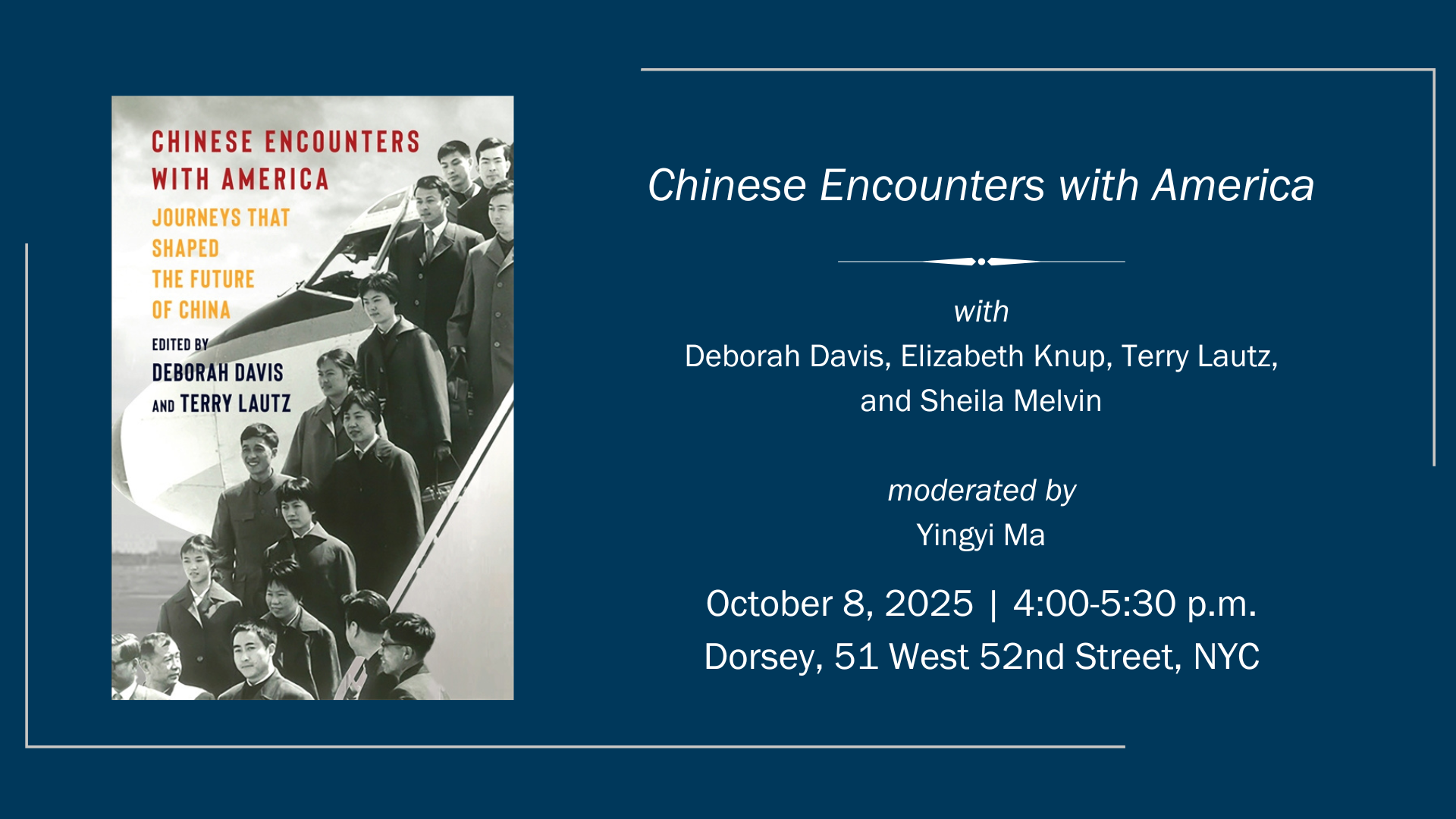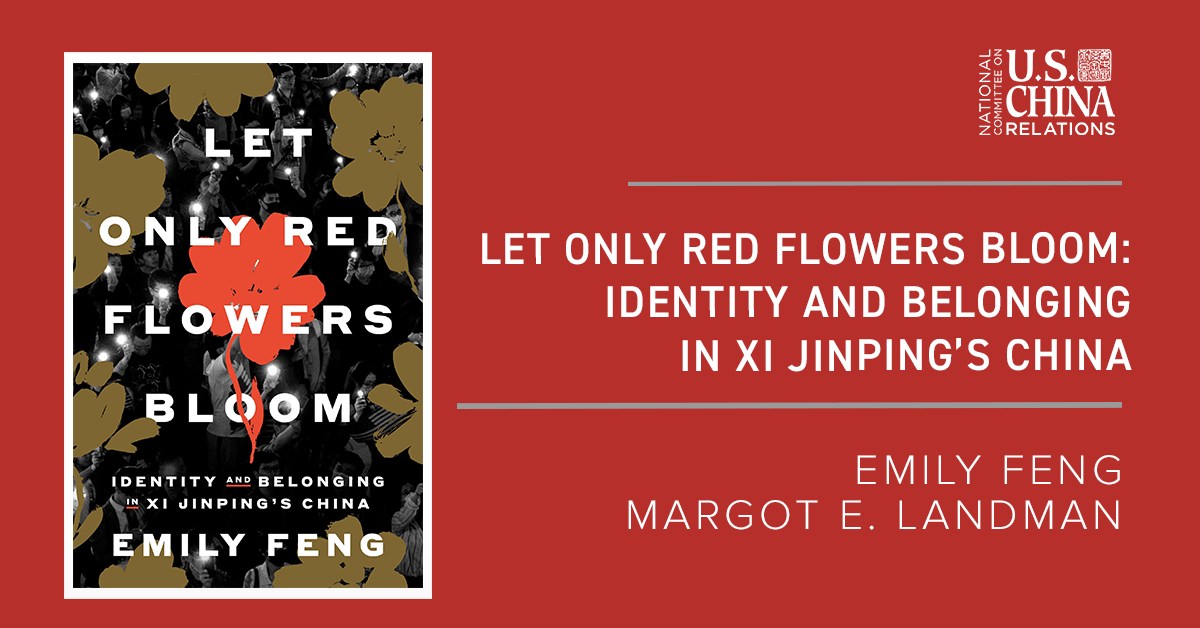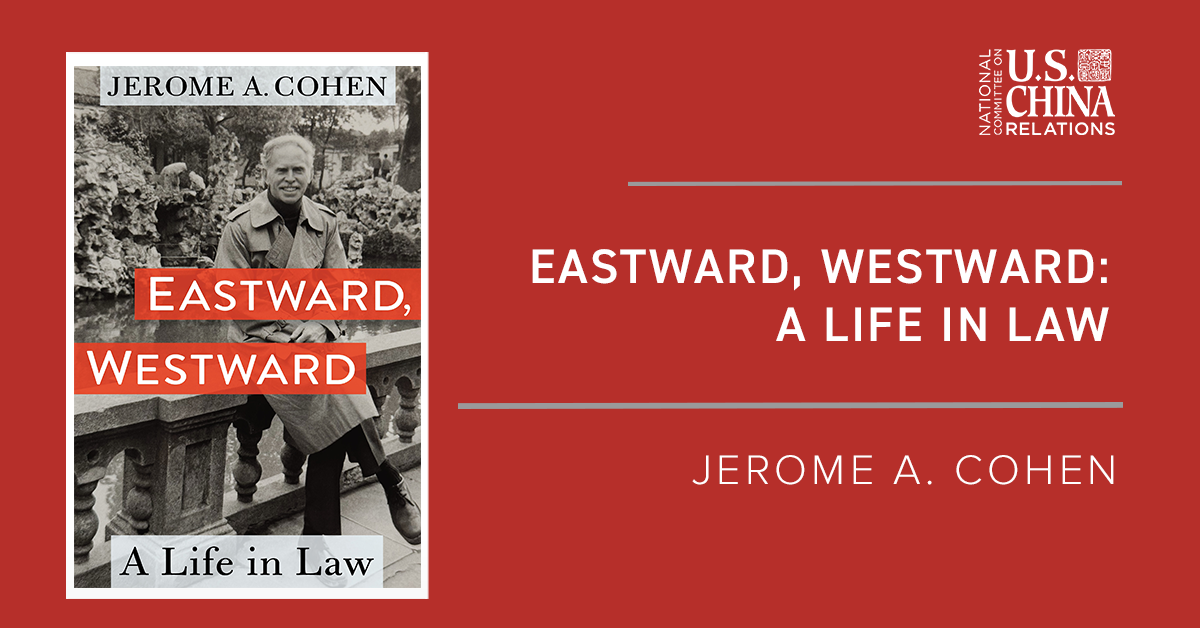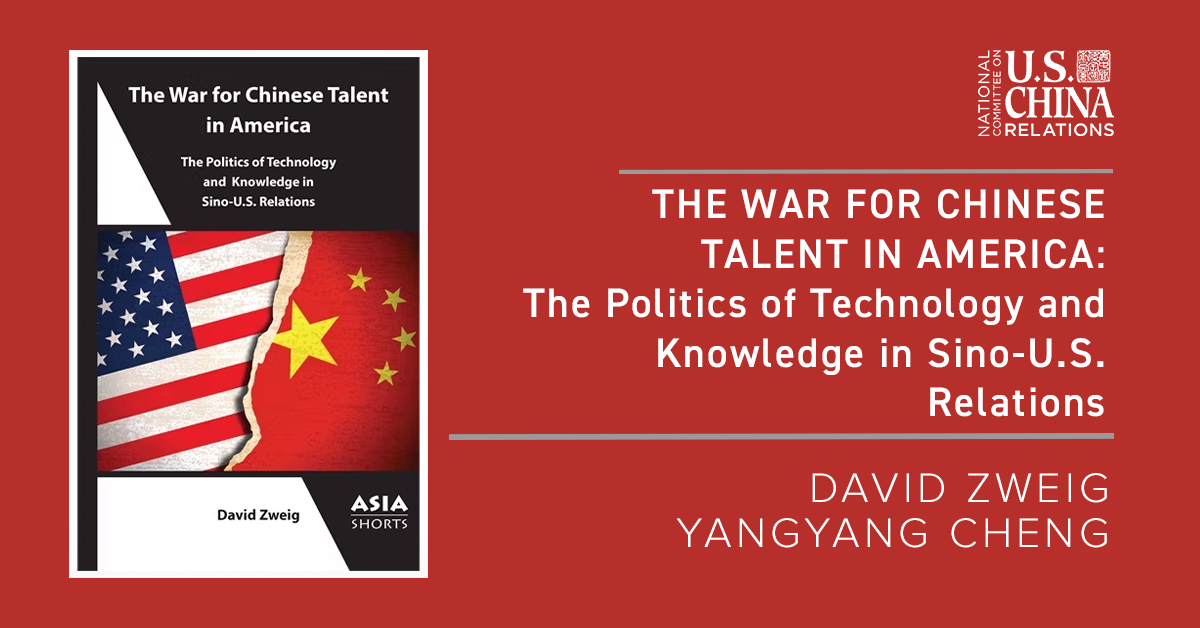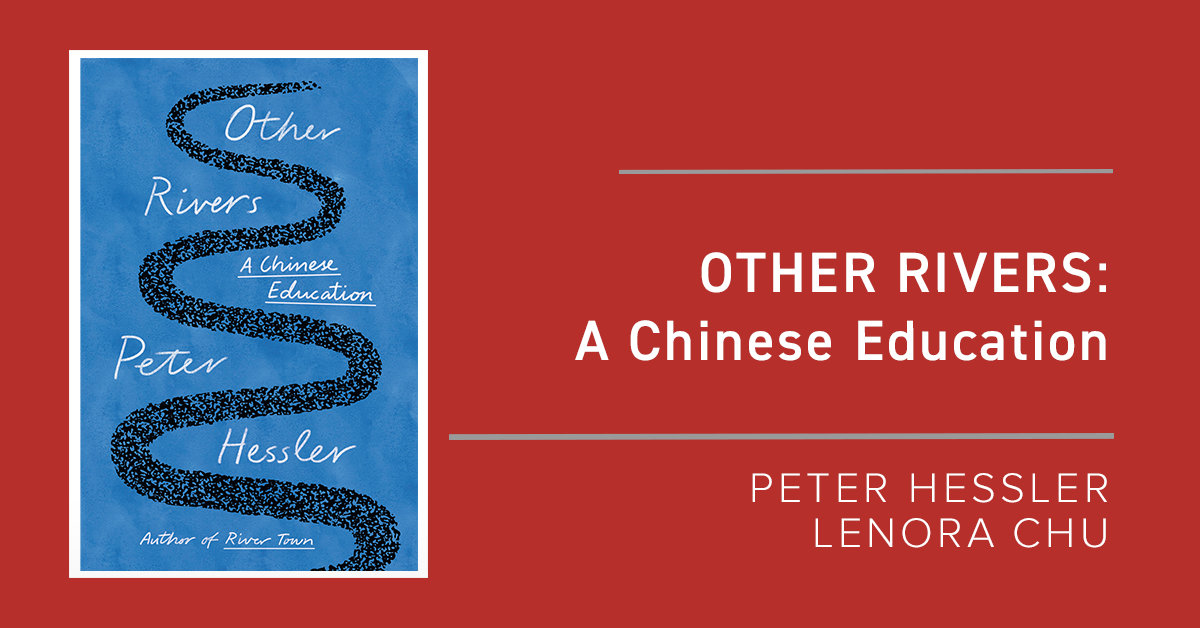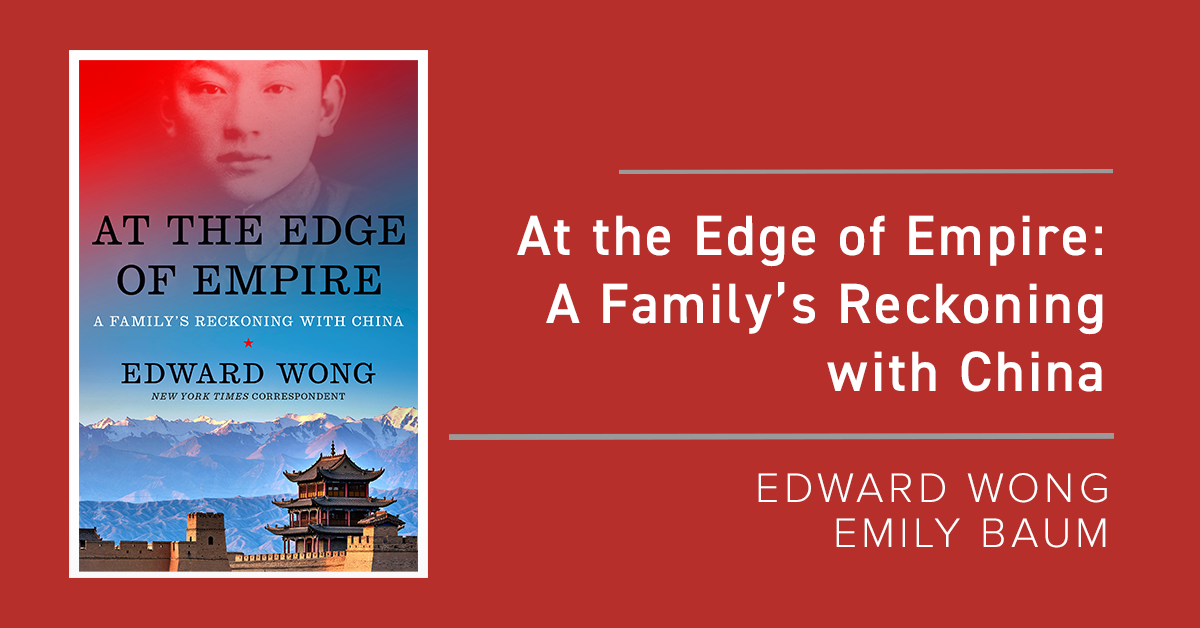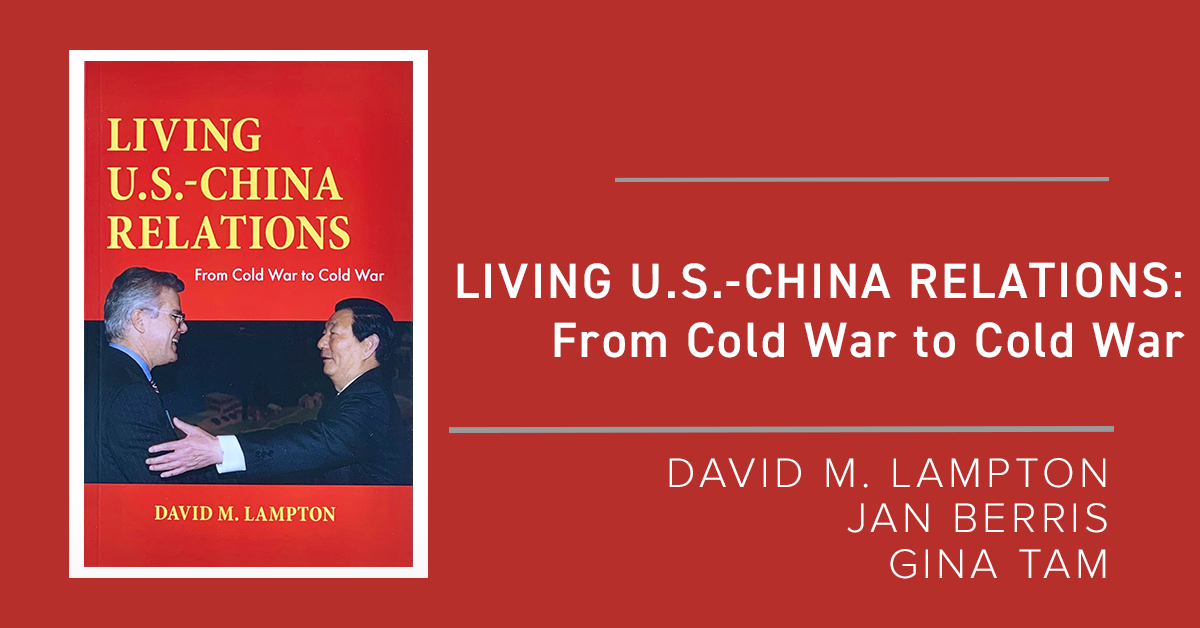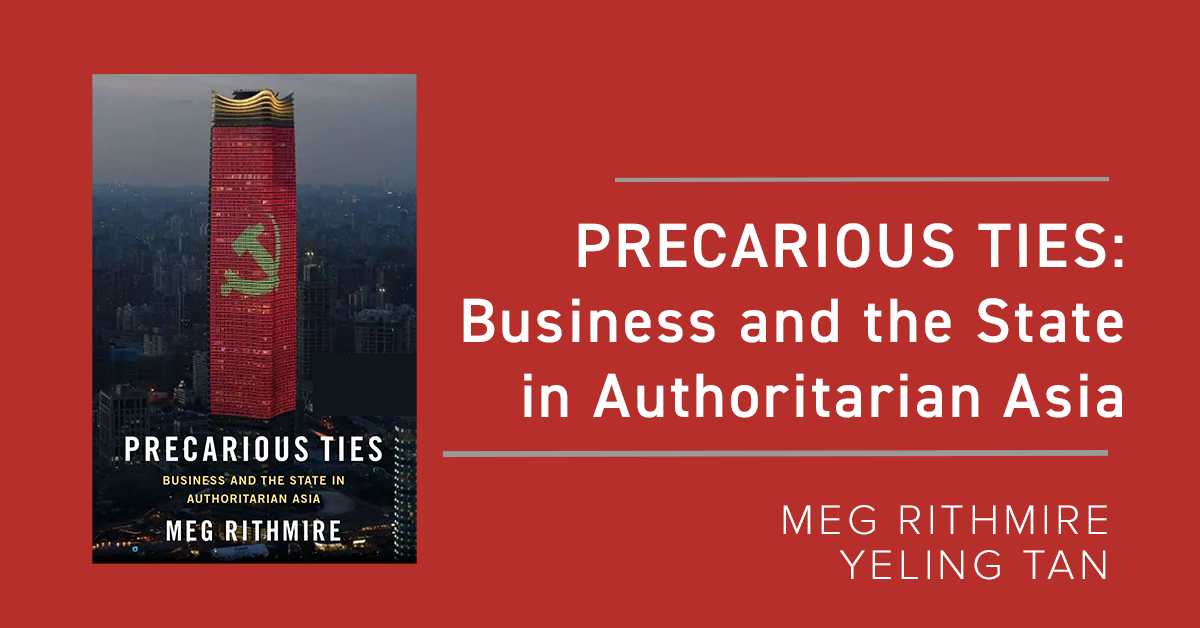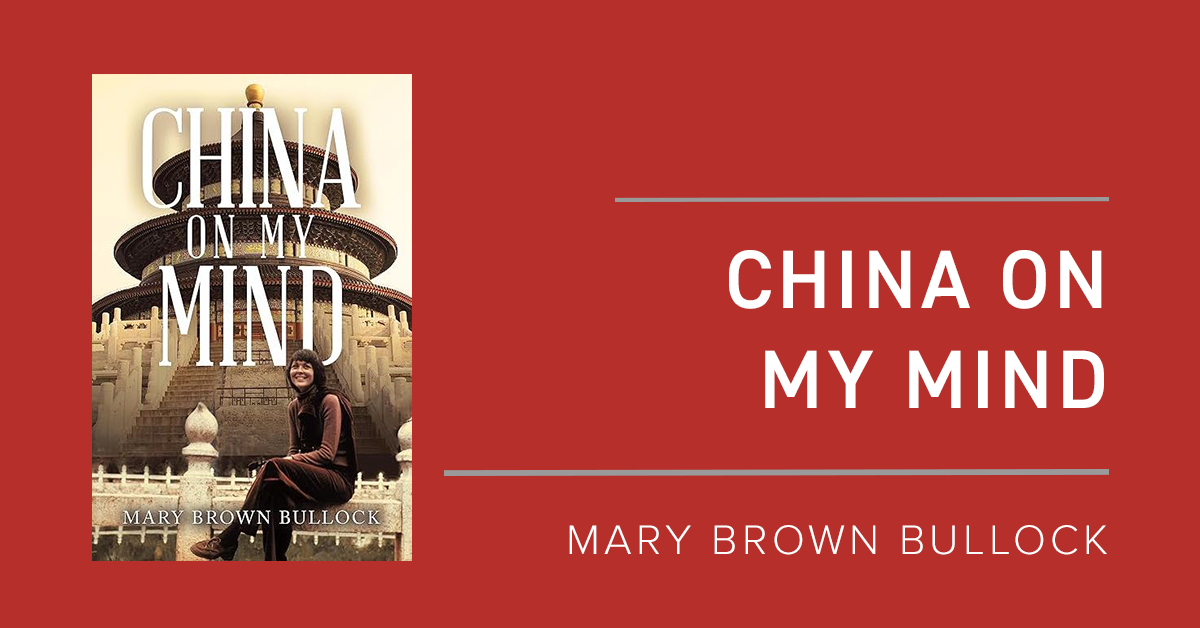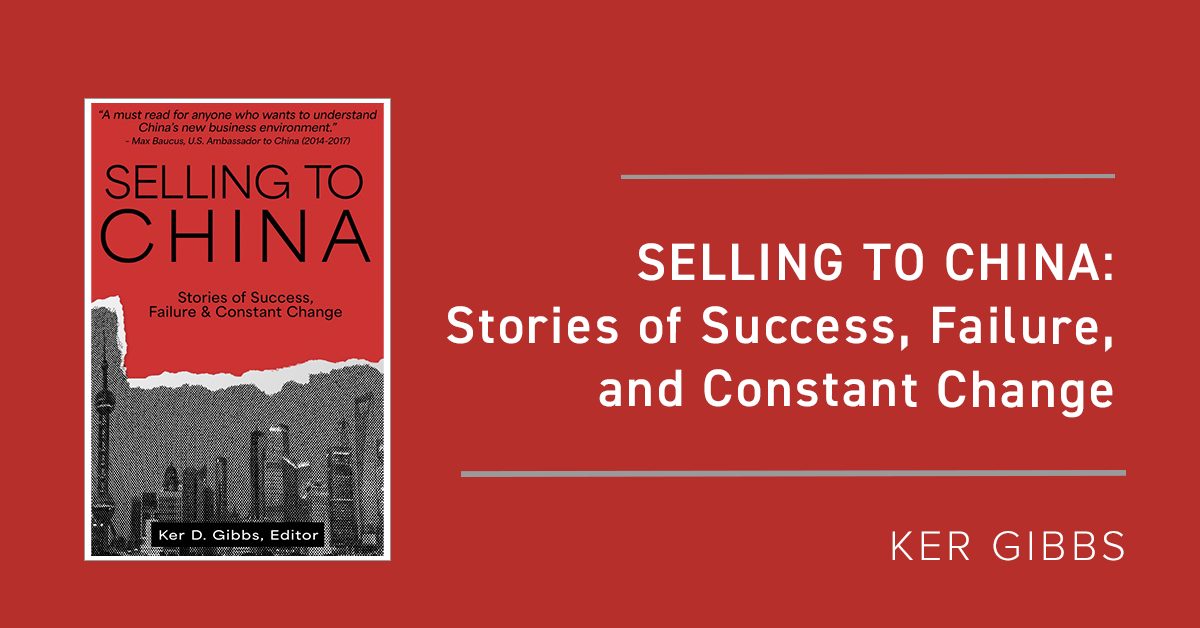At a time when U.S.-China relations are quite constrained, Deborah Davis, Terry Lautz, Elizabeth Knup, Sheila Melvin, and Yingyi Ma discuss how individual experiences may contribute to a nuanced understanding of the bilateral relationship.
In profiles of a variety of “ordinary” Chinese, NPR correspondent Emily Feng reflects on the meaning of identity to people in China.
Jerome A. Cohen reflects on his life as a scholar, teacher, lawyer, and activist promoting the rule of law in East Asia.
David Zweig shares his analyses and perspectives on the evolving landscape of scientific collaboration and rivalry between the U.S. and China, moderated by Yangyang Cheng.
Peter Hessler explores the dramatic changes in China's education system in recent decades by examining the education he witnessed as a college teacher in the 1990’s and again more than twenty years later.
New York Times correspondent Edward Wong traces his family’s and China’s stories over decades of immense change for both.
David M. Lampton challenges the claim that the U.S. policy of engagement with China was a naïve and dangerous approach to handling the Sino-American bilateral relationship.
Meg Rithmire tells the story of capitalists and the state in China, focusing on cycles of accommodation and reprisal during the Mao and post-Mao eras.
In her new memoir, Mary Brown Bullock examines the trajectory of U.S.-China relations from the early days of “reform and opening” to today.
Former AmCham Shanghai President Ker Gibbs discusses the complexities for American companies conducting business in China during a time of bilateral tension and distrust.
